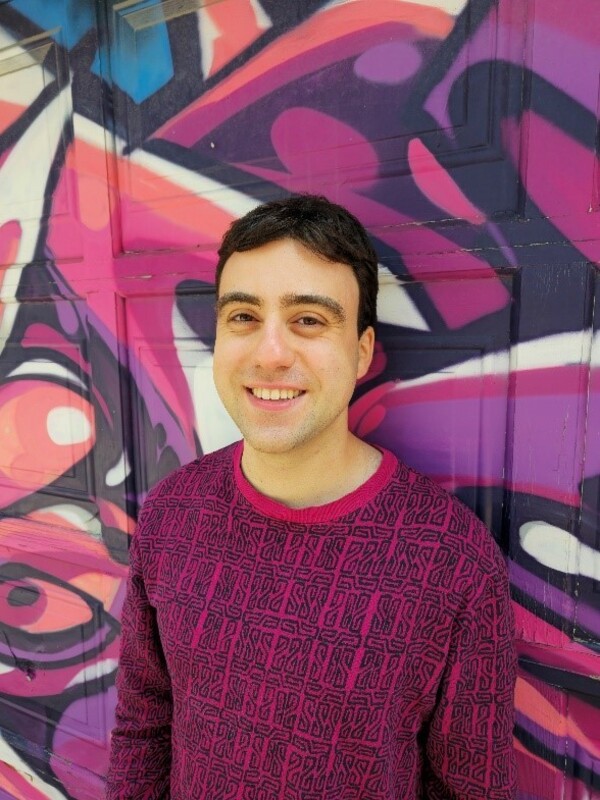
We would like to welcome Dr. Michael Wainberg (Assistant Professor, Department of Psychiatry), to the CPIN Program.
Dr. Wainberg’s lab applies statistics, machine learning and other computational approaches to large biomedical datasets to learn how genetics causes brain diseases, with the overarching goal of finding new drug targets for these diseases. The lab has three main areas of focus:
1) Expanding the landscape of genetic variants associated with brain diseases
The past few years have seen a hundred-fold explosion in the number of genetic variants associated with brain diseases. The vast majority are common, single-nucleotide variants (i.e. one-“letter” changes) for well-studied diseases. Dr. Wainberg's lab is expanding this landscape by leveraging population-scale biobanks like the UK Biobank, All of Us and FinnGen, alongside disease-specific cohorts like the Alzheimer’s Disease Sequencing Project. They focus on understudied classes of variants like rare variants, structural variants, and repeats. They also explore understudied diseases like fibromyalgia and other “functional disorders”, recently highlighted by a top medical journal as one of medicine’s biggest failures.
2) Inferring causal variants, genes and cell types for brain diseases
Associating a variant with disease is only the first step towards understanding its function. Nearby variants co-occur across people (since chromosomes are inherited in blocks) so many nearby variants may be associated with a disease even if only one is causal. Variants may affect the expression of far-away genes, so it is often unclear which gene(s) a variant causes disease through, and the team and others have shown that common ways of inferring this have high false positive rates. Finally, brains contain many types of cells, and different variants may cause disease through different cell types. The lab is developing statistical and machine learning models to infer causal variants, genes, and cell types for brain diseases, leveraging how variants relate to genes and cell types (single-cell omics) and how genes relate to each other (biological networks).
3) Harnessing the single-cell revolution to find and reverse molecular signatures of brain diseases
One of the most exciting new genetic technologies is single-cell omics, which measures biological variables like gene expression in individual cells. This allows the identification of molecular signatures of a disease in individual brain cell types. In collaboration with Vilas Menon’s lab at Columbia, Dr. Waingberg's lab is co-leading the largest-ever single-cell meta-analysis of Alzheimer’s disease, encompassing over 3 million cells across 7 studies. They plan to cross-reference the molecular signatures gleaned from studies like this with single-cell CRISPR screens (e.g. Perturb-seq) in brain disease models, to find genes that induce an opposite molecular signature to the disease when perturbed. This approach represents a generalizable strategy for drug discovery.
Dr. Wainberg was previously a Banting postdoctoral fellow at the Centre for Addiction and Mental Health’s Krembil Centre for Neuroinformatics in Toronto. He received a PhD in Computer Science from Stanford University and Bachelor’s and Master’s degrees from the University of Toronto.


